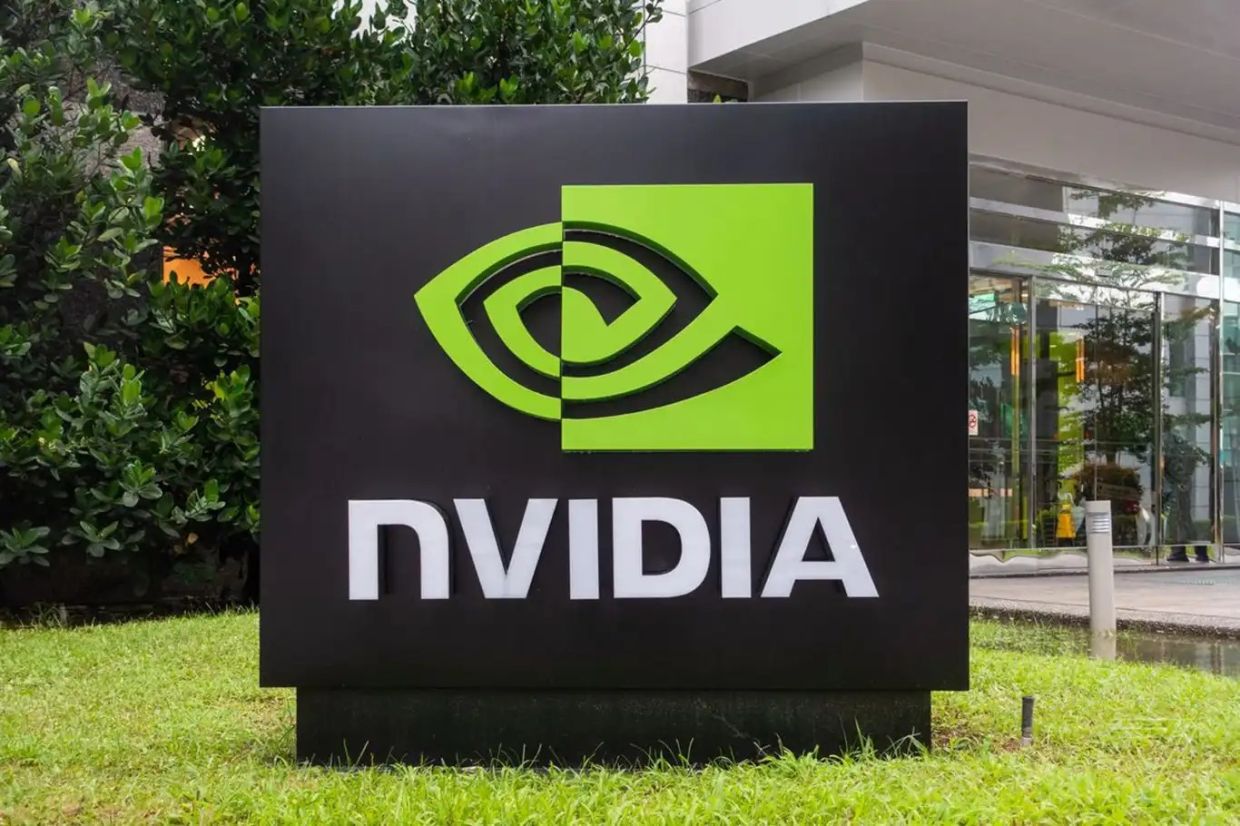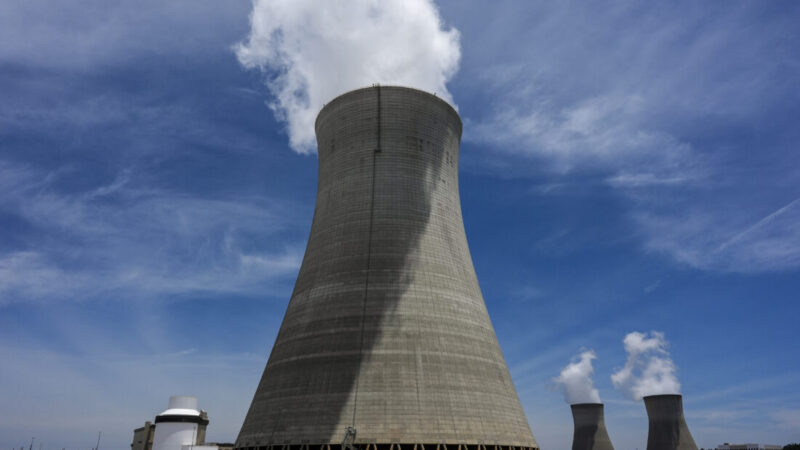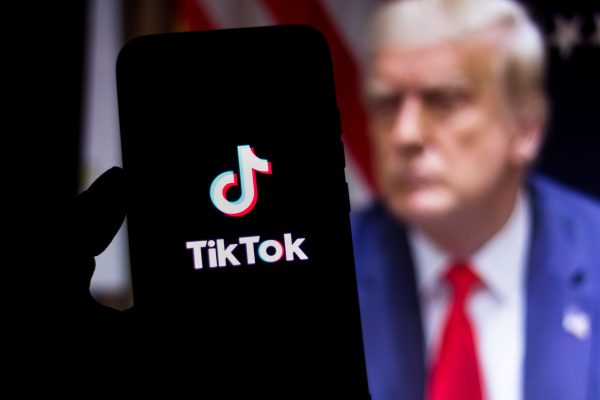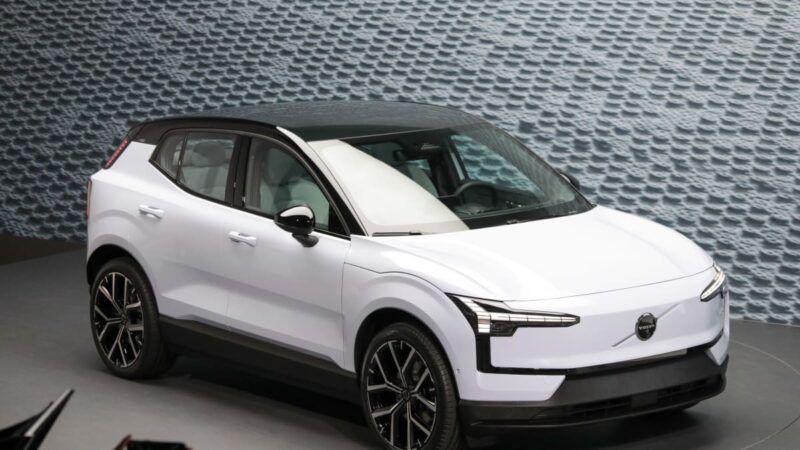China Initiates New Probe Targeting Nvidia in Ongoing Chip War

China has initiated an investigation into US tech giant Nvidia, focusing on alleged violations of anti-monopoly laws. This marks the latest escalation in the ongoing US-China tech rivalry, particularly over the lucrative semiconductor market.
Last week, the US imposed stricter export restrictions on Chinese companies, and this conflict is expected to intensify when Donald Trump returns to the White House.
In response, Nvidia expressed willingness to cooperate with regulators, stating, “We are happy to answer any questions regulators may have about our business. We work hard to provide the best products and honor our commitments everywhere we operate.”
Chinese state broadcaster CCTV reported that Beijing had launched the investigation in accordance with the law. Nvidia is accused of breaching commitments made during its 2020 acquisition of Mellanox Technologies, a smaller firm.
The probe follows a recent crackdown by the US, imposing restrictions on 140 companies, including Chinese chip firms such as Piotech and SiCarrier, which now require special permission for sales. China responded by introducing new rules restricting the export of critical minerals like antimony, gallium, and germanium to the US.
Analysts saw the move as significant, as China specifically targeted the US, rather than imposing blanket restrictions, and several trade groups urged Chinese firms to avoid US suppliers.
Founded in 1993, Nvidia originally specialized in graphic processing chips for video games but has since become a leader in the development of chips for artificial intelligence (AI), with a market value exceeding $3 trillion. This dominance has drawn the attention of regulators worldwide.
Nvidia recently acknowledged global regulatory inquiries, including from the US, UK, EU, South Korea, and China. The company, however, finds itself caught in the crossfire of escalating geopolitical tensions between the US and China, as both countries vie for supremacy in the high-end chip sector. In 2023, Nvidia reported that Chinese customers, including those in Hong Kong, accounted for approximately 13% of its sales—a decline since the US began imposing restrictions on advanced technology exports to China in recent years, citing national security concerns.
Nvidia CEO Jensen Huang remained tight-lipped earlier this year regarding the political risks, stating, “We guide one quarter at a time. Whatever the new administration decides, we’ll, of course, support the administration.”
James Lewis, a researcher at the Center for Strategic and International Studies, described the investigation as a likely form of retaliation by Beijing. He noted, “The timing is not a coincidence. It’s mainly a message to the US government – the Chinese have decided they’re not just going to take sanction after sanction.”
Lewis also expressed skepticism that the AI technology at the heart of the dispute was as groundbreaking as both sides claim, but predicted that the tit-for-tat conflict would continue. “It’s really a grudge match on both sides,” he concluded.






